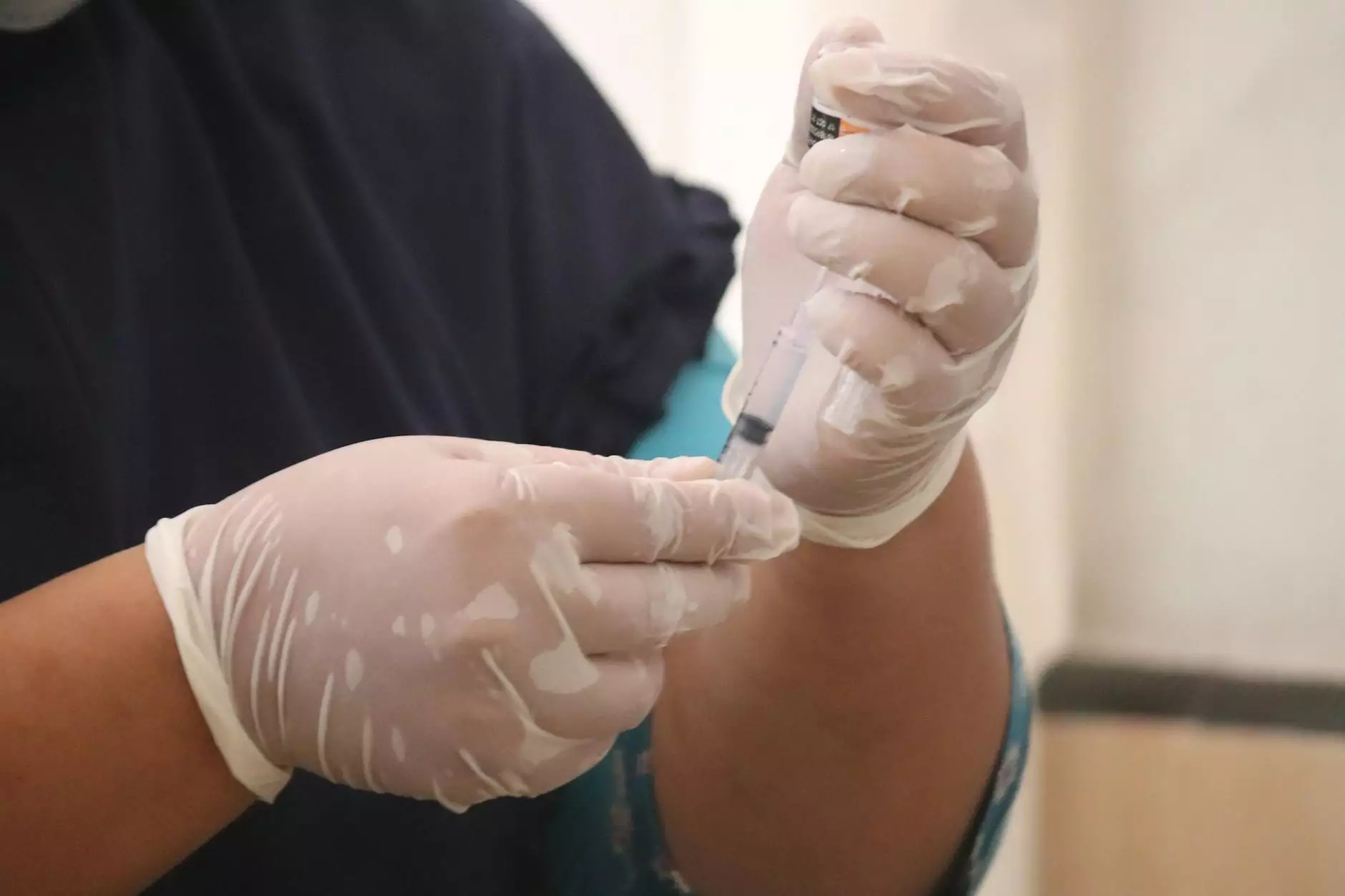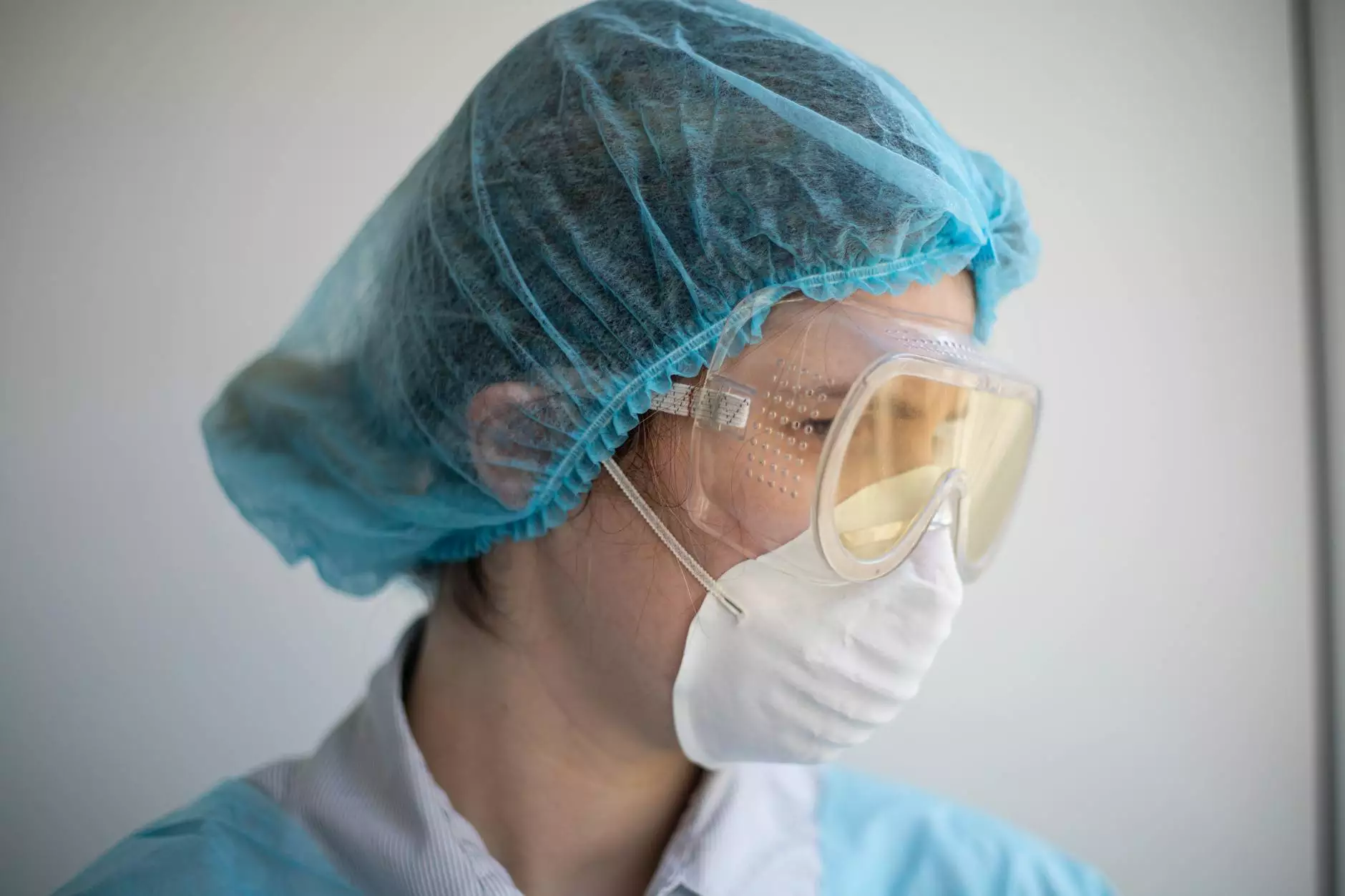Sepsis Awareness

Understanding Sepsis: Causes, Symptoms, Treatment, and Prevention
Welcome to Naab Road Surgical Center's comprehensive guide on sepsis awareness. As a leading hospital in Washington, IN, we are committed to providing our patients and visitors with valuable information to promote healthcare safety and well-being.
What is Sepsis?
Sepsis is a potentially life-threatening condition that occurs when the body's response to an infection becomes dysregulated, leading to widespread inflammation. If left untreated, sepsis can progress to severe septic shock, causing organ failure and death.
Causes of Sepsis
Sepsis can be caused by various types of infections, including bacterial, viral, or fungal. Common sources of infection that may lead to sepsis include pneumonia, urinary tract infections, abdominal infections, and skin infections.
It is important to note that anyone can develop sepsis, but certain individuals may be at higher risk. This includes the elderly, infants, individuals with weakened immune systems, and those with chronic medical conditions like diabetes or cancer.
Sepsis Symptoms
Recognizing the signs and symptoms of sepsis is crucial for early detection and prompt treatment. Symptoms of sepsis may include:
- Fever or hypothermia (low body temperature)
- Rapid heart rate and breathing
- Confusion or disorientation
- Extreme fatigue or weakness
- Chills or shivering
- Abnormal sweating
- Shortness of breath
- Pain or discomfort
- Nausea and vomiting
- Decreased urine output
If you or your loved one experience any of these symptoms, it is crucial to seek immediate medical attention as sepsis is a medical emergency.
Diagnosis and Treatment
At Naab Road Surgical Center, our experienced healthcare professionals are skilled in diagnosing and managing sepsis using state-of-the-art diagnostic tools and treatment techniques. Diagnosing sepsis typically involves a combination of physical examination, laboratory tests, and imaging studies.
The goal of sepsis treatment is to control the infection, support organ function, and prevent complications. Treatment may involve:
- Intravenous antibiotics to combat the underlying infection
- Fluid resuscitation to maintain adequate blood flow
- Vasopressor medications to increase blood pressure
- Oxygen therapy to support oxygen levels in the body
- Other supportive measures depending on the individual's condition
Preventing Sepsis
Preventing sepsis starts with practicing good hygiene and taking steps to prevent infections. Here are some key preventive measures:
- Proper hand hygiene: Wash your hands regularly with soap and water for at least 20 seconds.
- Immunizations: Stay up to date with recommended vaccines.
- Managing chronic conditions: Properly manage chronic medical conditions to reduce the risk of infections.
- Infection control: Follow guidelines for infection control, such as proper wound care and safe food handling.
- Prompt medical care: Seek medical attention promptly if you suspect an infection.
- Awareness and education: Stay informed about sepsis and its symptoms to seek timely help.
Naab Road Surgical Center: Your Partner in Sepsis Awareness
Naab Road Surgical Center is dedicated to promoting sepsis awareness and ensuring patient care and safety. Our expert healthcare team is equipped with the knowledge and expertise to provide comprehensive care for sepsis patients.
If you have any concerns about sepsis or would like to learn more, please reach out to our team. We are here to support you on your journey to better health.









